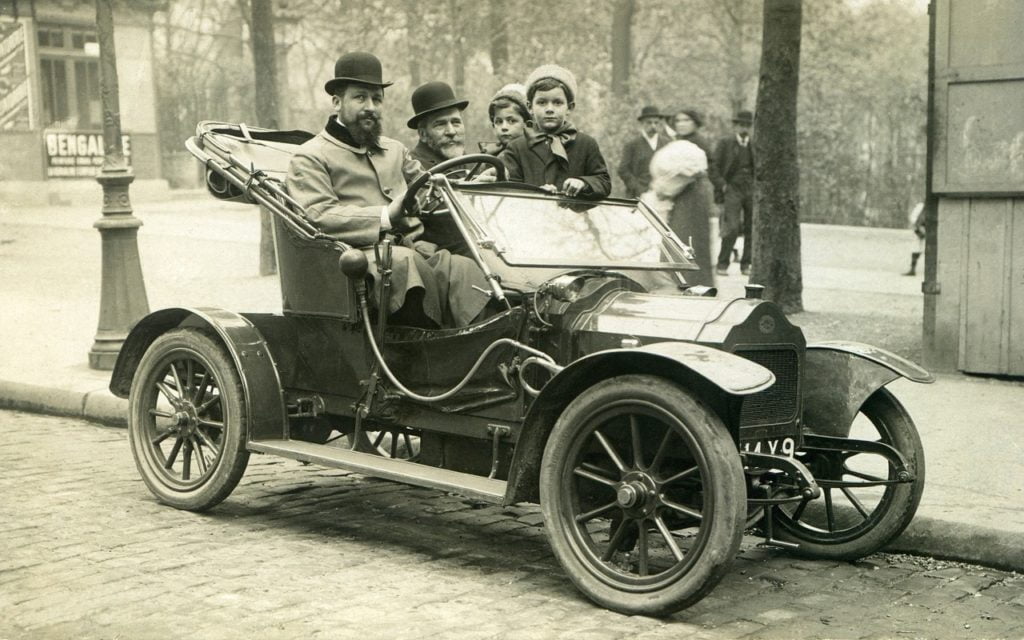“History is dependent on the new generation to write a new chapter.”
– LaMelo Ball
For a couple of years now, recruitment and employee retention strategies have become less and less effective and the labor market (specially Gen Z portion) doesn’t dictate the employment anymore – the labor itself does. There’s been a lot of discussions in the HR sphere about the infamous Gen Z workforce who keep changing employers’ expectations by the year and many people can’t wrap their head around on why and how they could afford to act/operate in such a way. To keep things clear, what I mean by acting/operating in a way, the attitude towards work itself in a sense that they have higher salary expectations, want more work flexibility, more benefits etc.; generally a higher work-life balance while potentially offering less productivity in return. It’s fascinating how much has changed in just couple of years but there might be a simple, yet powerful explanation as to why newer generations look at work with such a leisure. Let’s dive into it.

It all started with industrial revolution
One of the best selling authors, Rajiv Talreja, gave quite a good explanation in one of his events and I’ll try to paraphrase what he meant. It all started with industrial revolution back in 19th century when our grandparents were living mostly in poverty and the labor market started to develop. There weren’t many options of employers back then and any job would suffice just to get any kind of income. It was basically a fight for survival and the workforce was happy that it could be employed, no matter how the employer treated them. After that, in the 50s or 60s started a new revolution, a revolution of information where survival wasn’t the first and the only demand that the workforce had. The labor market developed enough to have more than a few options and the workforce started to look for a standard with their employers. Our grandparents sealed the survival part and what we wanted now was the stability; to cover any costs in a reasonable way within reasonable means (food on the table, utilities, rent etc.). What followed after 2008’s recession was the revolution that would change it all.
The digital revolution
So to summarize first revolutions, our grandparents fought for survival, we fought for the standard and what would the Gen Z and newer generations fight for? Simple > quality of life. It’s only logical when you think about it. The previous generations created the environment without too much care for survival and a standard which pretty much guarantees good enough sustenance; but what is all that without quality? And talk about quality in this new day and age… The technological advancement has made a lot of things easier, more accessible, but at the same time the ability to take things for granted, expectations without any specific merits, fast and instant gratifications without giving too much effort, progressive change in attitude which severely affects the communication and relationships in business etc. That last part is heavily impacting the workplace environment and this is why employers are often left scratching their heads.

Quality of life
So what exactly does quality of life mean for the newer generations? Basically, employers need to cater to the HR activity in making sure their employee life cycle is properly handled. They would expect that the employer excels in these parameters once the contract is sealed:
- High frequency employee development – they want detailed mapping of their development through the course of their employee life cycle; with defined business and individual goals, with specific numbers, both in financial and goal metric
- High standard work-life balance – they want a flexible work environment where they can exercise their freedom in combining their private life with the professional one regardless of their performance or productivity
- Progressive company culture – they want the company’s demeanor and attitude to be positive and supportive towards them, sometimes without expectations to give back the same
- Frequent and quality feedback – it’s all in the details and they want a detailed explanation for their performance on a constant and frequent basis
These parameters were always important for the predecessors as well but on a much smaller scale. The quality of life demand magnifies these stipulations significantly and employers will have a hard time retaining Gen Z employees if they don’t emphasize their resources into the aforementioned strategy. There is also a fine line between catering to every single need they have and retaining employers’ brand as a respectable and worthy company. That’s where HR comes in with quite a statement of their job becoming much, much harder.
Takeaway
The times have changed and any company which doesn’t change with the emerging trends and demands of the newer generations will ultimately become stagnant and detrimental to their success. The flip side of that coin is to balance it out and offer reasonable employee engagement while getting the right performance in return. That’s easier said than done with those expectations but the sooner we adapt, the sooner will the overall numbers grow.
